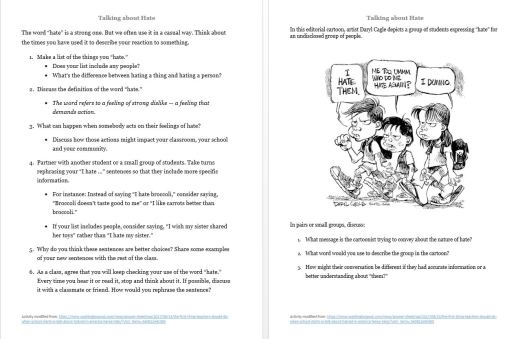Well, it is another school year, and we here at the Florida Joint Center for Citizenship at the Lou Frey Institute wish teachers everywhere a great start to the year. In this post, you will find a compilation of the resources that we have to offer as you start the new year. If you have any questions about these resources, please feel free to shoot me an email!
Civics360
Civics360 is our newest resource, and we continue to add to it. Some of you may be familiar with the Escambia Civics Review Site; Civics360 replaces that site. So what does Civics360 bring to the table?
Student Friendly Readings in English, Spanish, and Haitian Creole and Reading Guides in English
We now have the Student Friendly Readings in three languages, and a reading guide in English that can help students with their understanding, crafted with the help of literacy experts from UCF.

New Student Friendly Videos
We have a collection of new videos, ranging between 5 and 10 minutes long or so, that break down the content into easy to understand visuals and text. We have also included video guides to aid in understanding. Please note that currently half of the benchmarks have videos; we are working hard to complete the remaining benchmarks!

Additional New Features
Additional new features include new vocabulary tools, digital quizzes, a brand new practice assessment that provides you with student reports, and more.
Civics360 does require registration, but it is 100% free. Be sure to check it out!
Florida Citizen
Our main website at Florida Citizen has a number of resources that you could find useful. Of course we have our traditional lesson plans for the middle school civics course. These lesson plans are all aligned to the benchmarks and benchmark clarifications, and include content elaboration for the teacher, relevant vocabulary, and a step by step walk through of instruction.
We also have Students Investigating Primary Sources. This series of lessons for grades 2-12, developed in collaboration with the National Archives, provide students an opportunity to ‘play’ with primary sources around relevant topics aligned with Florida history, civics, and government benchmarks. You can learn more about the SIPS lessons here.
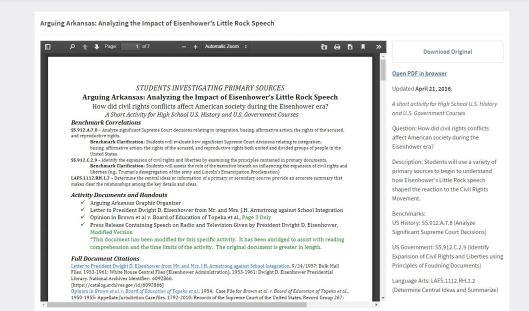
We have not forgotten elementary teachers. Our Civics in a Snap lessons cover each of the K-5 elementary benchmarks, and take 15-20 minutes to work through. They are also aligned with relevant LAFS benchmarks. You can learn more about the Civics in a Snap lessons here.

We have a number of additional resources available on Florida Citizen, including the first three parts of our ongoing webinar series. Be sure to visit Florida Citizen and register for access to the free resources today!
Questions about any of our websites or resources can be directed to Dr. Steve Masyada at FJCC! Hope to hear from you soon!


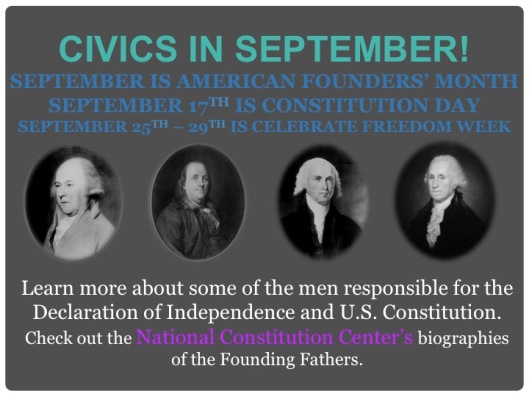

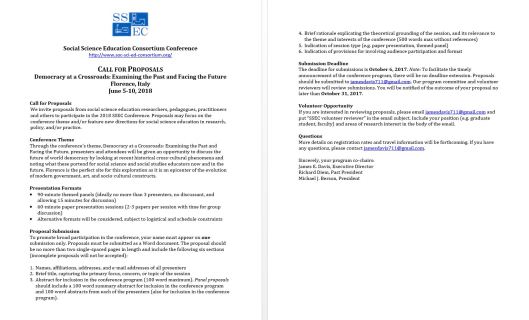
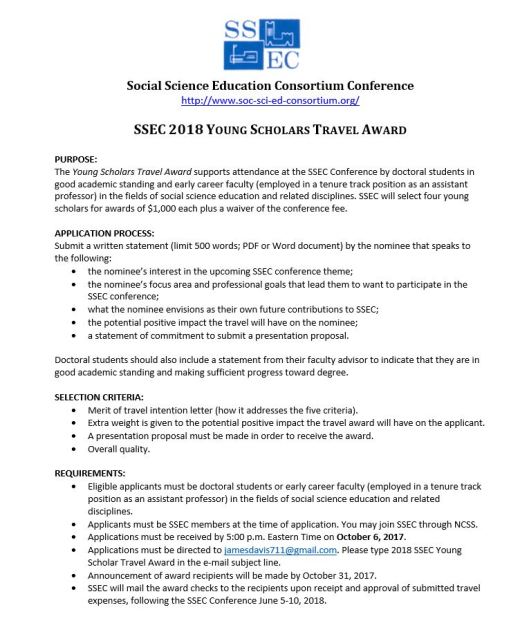
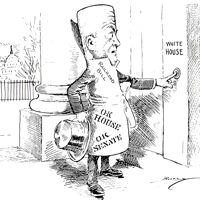 Anyone Home? Cartoon by Clifford Berryman, 2/24/1920
Anyone Home? Cartoon by Clifford Berryman, 2/24/1920



